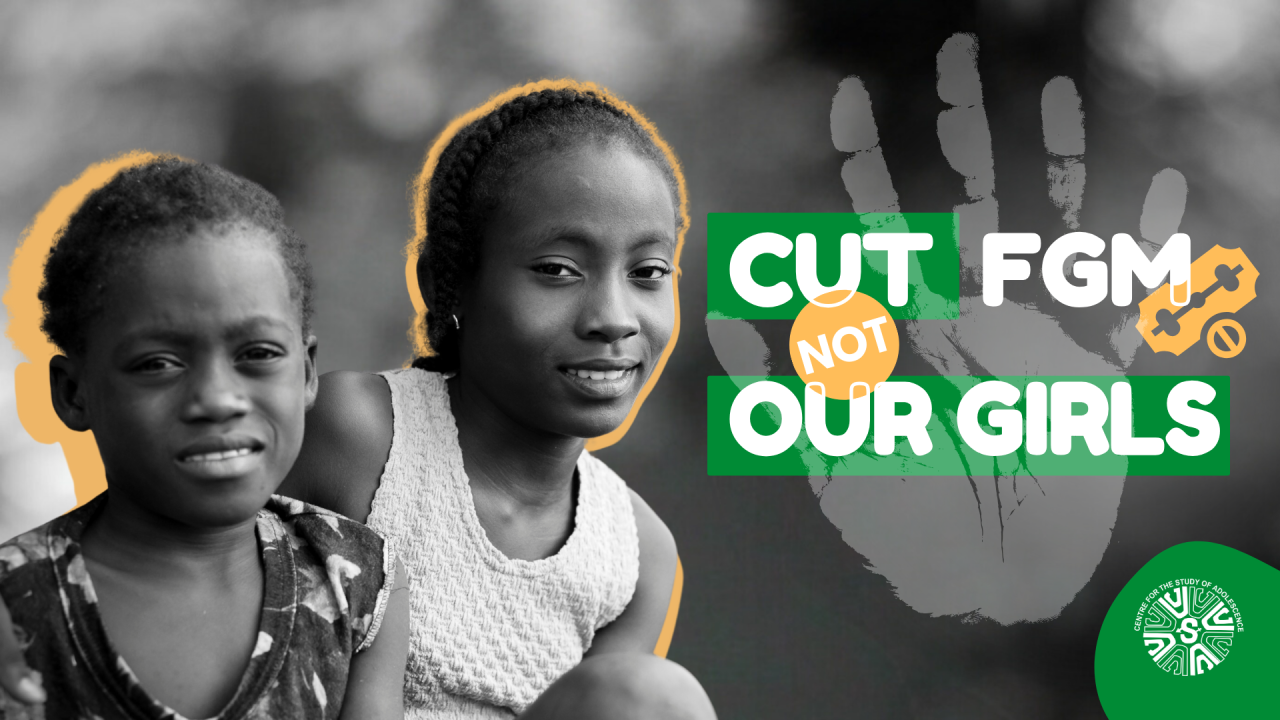As we strive for progress and inclusivity, addressing issues that impact many lives is crucial. Today, on Zero Tolerance for FGM Day, let’s collectively support the eradication of this harmful practice. Female Genital Mutilation isn’t merely a cultural practice; it’s a violation of human rights affecting millions of women and girls worldwide.
Globally, over 200 million girls and women have undergone FGM in 30 countries across Africa, the Middle East, and Asia. Shockingly, this practice is most commonly performed on young girls between infancy and age 15. In Kenya, recent data from the Kenya Demographic & Health Survey (KDHS) for 2022 reveals a 15% prevalence rate among girls and women aged 15 to 49. Although the former administration of Kenya had made the commitment to end FGM by 2022, its prevalence remains high, therefore calling for joint efforts to accelerate towards zero tolerance for FGM.
FGM has severe health risks and remains a violation of basic human rights. Those who undergo FGM often suffer long-term consequences, including complications during childbirth, pain during urination, scarring, later cysts, elevated risk of newborn deaths, receding mental health, and increased susceptibility to infections, which can lead to infertility. It’s essential to recognize that culture should never be a reason for harm.
Some communities argue for medicalizing FGM, claiming it lessens the effects. However, even when performed by healthcare providers, it remains a grievous injury with serious health risks and no medical justification. Trained health professionals performing FGM are violating girls’ and women’s rights.
Eradicating FGM requires a human rights-based approach, enforcing laws, empowering through education programs, and challenging social norms. Men and boys should be actively engaged to play a visible and active role in leading dialogues to challenge practices like FGM and child marriage. It’s also important to Recognize and celebrate community champions of FGM at both the grassroots, national, and regional levels.
We all share the responsibility to promote girls and women’s rights by ensuring no more girls undergo FGM. We need to continually support organizations tirelessly working to eradicate FGM, advocate for legal measures, and champion educational initiatives.
As part of the Girls Not Brides movement, we are committed to promoting girls’ and women’s rights, aiming to reduce FGM by 2030. This demands our collective efforts across various fields of work. We all can make a lasting impact where every individual, regardless of gender, enjoys their fundamental human rights.


